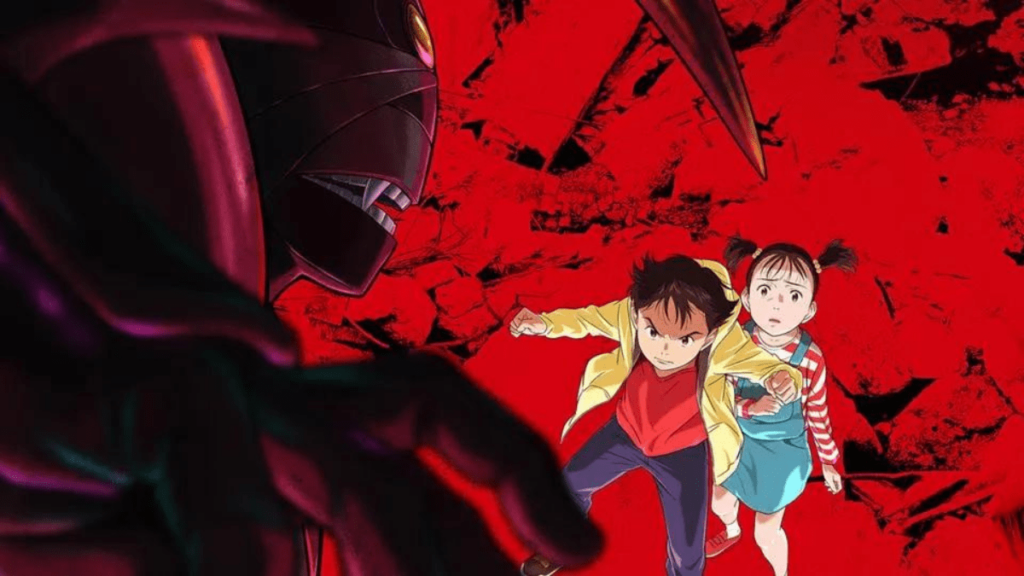Osamu Tezuka’s iconic manga ‘Astro Boy’ has left an indelible mark on the world of entertainment for over six decades, inspiring countless artists and storytellers. Among them is Naoki Urasawa, renowned for his work on the classic manga ‘Monster.’ In the early 2000s, Urasawa conceived the idea for ‘Pluto,’ a reimagination of Astro Boy’s story arc ‘The Greatest Robot on Earth’ as a gripping murder mystery.
‘Pluto’ centres on Gesicht, a robot detective investigating a series of murders targeting both robots and humans. Set in a world where robots emulate human emotions, the series challenges the notion of what it means to be human and explores themes of identity and prejudice.
Also Read: The Undying Love for Death Note: A Fan-Favourite
The dynamic between Gesicht and Atom, a child-sized robot reminiscent of ‘Astro Boy,’ forms the heart of the series. While Gesicht embodies cold rationality, Atom exhibits human-like traits such as curiosity and empathy, pushing Gesicht to reconsider his perceptions of robots. Their contrasting personalities serve as a poignant commentary on the complexities of adulthood and childhood.
One of the series’ most compelling aspects is its exploration of the aftermath of the 39th Central Asia War, a metaphor for real-world conflicts like the Iraq War. Urasawa skillfully portrays the moral ambiguity faced by Gesicht and other robots who grapple with guilt and remorse for their actions during the war.
‘Pluto’ also delves into the dehumanization of social groups, showcasing how prejudice and assumptions perpetuate discrimination. Despite robots expressing genuine emotions, their experiences are dismissed as flaws, highlighting the inherent biases ingrained in society.
While the series initially presents itself as a murder mystery, the identity of the killer feels anticlimactic, detracting from the overall narrative. However, ‘Pluto’ excels in its character-driven drama and emotional depth, offering a thought-provoking exploration of war, humanity, and redemption.
Despite its long production period, spanning over six years, ‘Pluto’ proves to be a worthy adaptation of Urasawa’s acclaimed manga. With its compelling themes and rich character development, the series pays homage to Tezuka’s legacy while carving out its place in the pantheon of anime classics.
